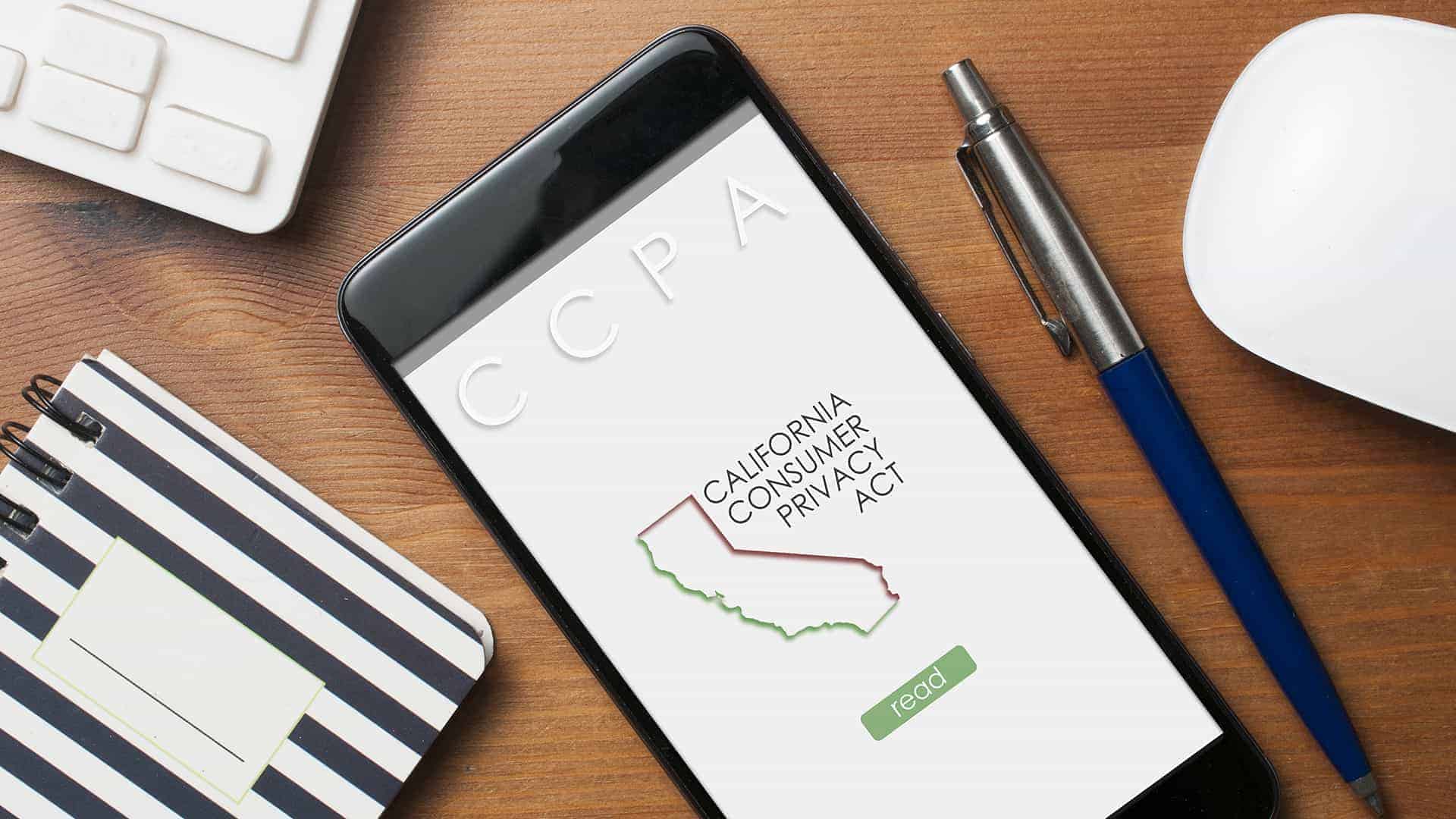
7th Cir. Says ‘Costs’ Includes Collector’s Percentage Fee, Disagrees With 8th and 11th Circuits
Distinguishing contrary rulings from the Eighth and Eleventh Circuits, the U.S. Court of Appeals for the Seventh Circuit recently held that a debt collector’s percentage fee was recoverable under the language of a contract that required the consumer to pay “any costs (including reasonable attorney’s fees) incurred by [the creditor] in attempting to collect amounts due.”
A copy of the opinion in Bernal v. NRA Group, LLC is available at: Link to Opinion.
A consumer bought a monthly pass to Six Flags amusement parks. The contract stated that if the buyer failed to make the required monthly payments, he would be responsible for “any costs (including reasonable attorney’s fees) incurred by [Six Flags] in attempting to collect amounts due.”
The consumer failed to pay as promised, and Six Flags hired a debt collection company to recover the balance owed. The contract with the debt collection company provided that it could charge “a 5% management fee plus an additional amount based on the number of days the debt was delinquent (in this case, an additional 20%).”
The debt collection company sent a demand letter to the consumer “for the $267.31 he owed, plus $43.28 in costs….”
The consumer failed to pay and instead filed a class action lawsuit under the Fair Debt Collection Practices Act (FDCPA), alleging that [the debt collector] charged a fee not “‘expressly authorized by the agreement creating the debt.’” 15 U.S.C. § 1692f(1).
The trial court denied both sides’ motions for summary judgment and the case went to trial. The trial judge “held that the percentage-based collection fee was expressly authorized” by the language in the contract with the consumer stating that if the account was delinquent for more than 30 days, the account would be cancelled and the consumer “billed for any amounts that are due and owing plus any costs (including reasonable attorney’s fees) incurred by [Six Flags] in attempting to collect amounts due or otherwise enforcing this agreement.”
On appeal, the Seventh Circuit framed the issues before it as (a) whether the collection fee was “expressly authorized by the agreement creating the debt” and (b) “whether the collection fee was a ‘cost[] … incurred by [Six Flags] in attempting to collect amounts due.”
The Court analyzed whether the collection fee was a “cost” followed by “whether it was a cost ‘incurred … in attempting to collect[,]” and answered “yes” to both questions.
The Seventh Circuit rejected the plaintiff’s argument that the contract authorized only “actual costs … like letterhead and postage but not collection fees” because “the contract never uses the term ‘actual costs,’ nor does anything in the text suggest it should be read so restrictively. … To the contrary, the contract explicitly allows for “any costs.”
After citing legal and non-legal dictionaries for the definitions of “cost” the Court explained that the “$43.28 at issue … is literally the sole ‘cost’ of Six Flags’ ‘attempt to collect’ the debt.”
The Seventh Circuit next rejected the plaintiff’s argument that “costs” meant those expenses awarded by a court to a prevailing litigant because “nothing in this contract suggests that the word ‘costs’ bears that narrow meaning here.”
The Court explained that the subject contract authorizes “the collection of any costs, including reasonable attorney’s fees.” “That phrase has a significant impact on the contract’s breadth because the word ‘including’ generally ‘introduces examples, not an exhaustive list.’”
Relying in part on the fact that Blacks’ Law Dictionary defines “Costs of Collection” as including attorney’s fees, the Seventh Circuit reasoned that “[i]f attorney’s fees are one nonexhaustive example of what’s included, we fail to see the basis to exclude analogous collection fees.”
The Court then concluded “that a percentage-based collection fee is a ‘cost’ within the meaning of this language[,]” explaining that “[i]n doing so, we acknowledge that we depart from two of our sister circuits.”
In one case, the Eighth Circuit “held that a debt collector ‘violated the Act by adding the collection fee based on a percentage fee rather than on actual costs when [the debtor’s] agreement with the credit union provide she was liable only for actual costs.’” In the second case, “the Eleventh Circuit said the same of a contract that allowed for ‘costs of collection, including a reasonable attorney’s fee.’”
Acknowledging that the language at issue in those two cases “was materially indistinguishable from the contract at issue here[,]” the Court disapproved of those decisions for two reasons.
“First, those decisions relied on a pair of assumptions we find questionable: that the contracts at issue authorized only ‘actual costs,’ and that ‘actual costs’ necessarily do not include collection fees.” The contract at issue, however, did not mention “actual costs” and instead “allows for ‘any costs,’ and the most reasonable reading of that term is to include fees in attempting to collect.”
Second, the contract involved in the Eleventh Circuit’s case, “like the one at issue here, explicitly provided that the term ‘costs’ includes attorney’s fees. And attorney’s fees are not ‘actual’ costs as the Eleventh Circuit used that term.” Accordingly, the Court refused “to hold that the term ‘costs’ bears such a narrow meaning when the contract explicitly tells us that the term is broad enough to include more.”
Finally, the Court rejected the plaintiff’s argument that “[r]egardless of the definition of ‘cost,’ … the collection fee wasn’t authorized because it hasn’t been ‘incurred’ yet[,]” reasoning that “[t]he problem with [plaintiff’s] argument is its premise: he assumes that because the contract uses the word ‘incurred,’ it applies only to obligations that already exist prior to billing. But the contract never says that.”
The Seventh Circuit then analyzed the grammar used by the contract, explaining that the word “incurred” is a past participle, which we generally use to form one of two things: perfect tenses or the passive voice.” It then noted that “[a] quick survey of judicial opinions confirms that the past participle is an uncommonly flexible device. Sometimes courts have, as [plaintiff] insists we should, found that a past participle refers to a completed event. … In other situations, courts have said that past participles ‘describe the present state of a thing …. In still others, courts have found that past participles can refer to future events.”
Because “nothing in the contract’s actual language says much about timing at all[,] [t]hat silence strongly supports [the debt collection company’s] argument: absent limiting language, ‘any’ should mean ‘any.’ It should include costs incurred at any time, including those that will necessarily be incurred at the time of payment.”
Agreeing with the trial judge “that the word ‘incurred’ lacks a specific temporal restriction[,]” and stressing that “[t]he contested $43.28 is not an estimate [but] the precise amount that would have been due had [plaintiff] paid his debt [when he received the demand letter], the Seventh Circuit concluded that “this standard collection fee falls within the contract’s broad language authorizing ‘any costs’ of collection. As a result, the [debt collector’s] letter did not violate the FDCPA.”
About Maurice Wutscher
Maurice Wutscher is a national financial services defense and compliance law firm providing superlative defense and unmatched dedication to clients in key cities nationwide. Maurice Wutscher specializes in appellate matters, business formation and transactions, class action litigation, commercial litigation, construction litigation, consumer credit litigation, contested bankruptcies, contested foreclosures, employment litigation, insurance recovery and advisory services, intellectual property litigation, regulatory compliance, and trials and evidentiary hearings. Maurice Wutscher’s attorneys are leaders and influencers in the area of consumer financial services law, serving in leadership positions in industry groups and regularly publishing and speaking before national audiences. Bold leadership, strategic guidance and sound insight are the hallmarks of the Maurice Wutscher professional. The firm is committed to providing unparalleled client service, efficiency, and thought leadership.
This article courtesy of Maurice Wutscher’s Consumer Financial Services Blog and was written by Hector E. Lora.






